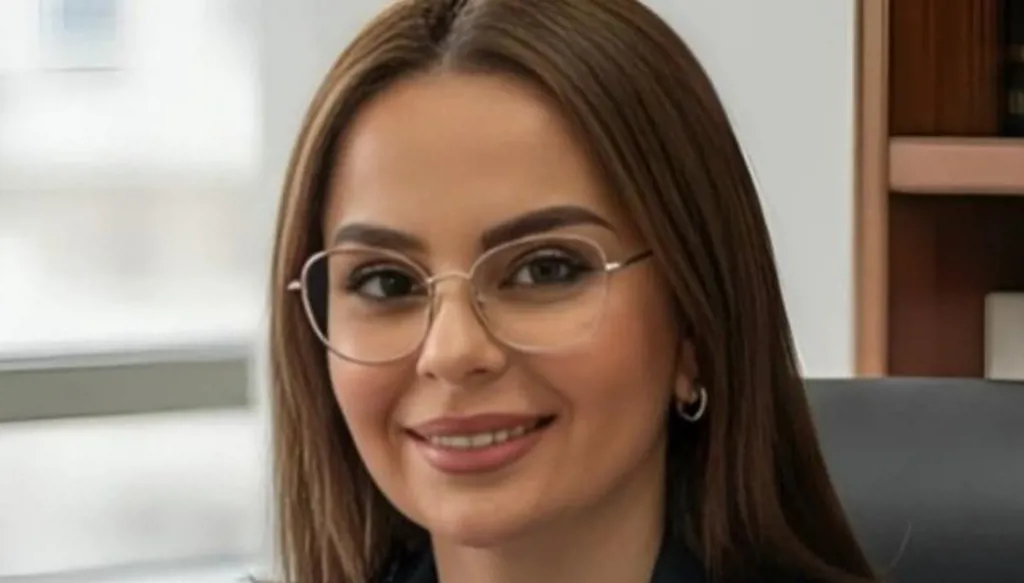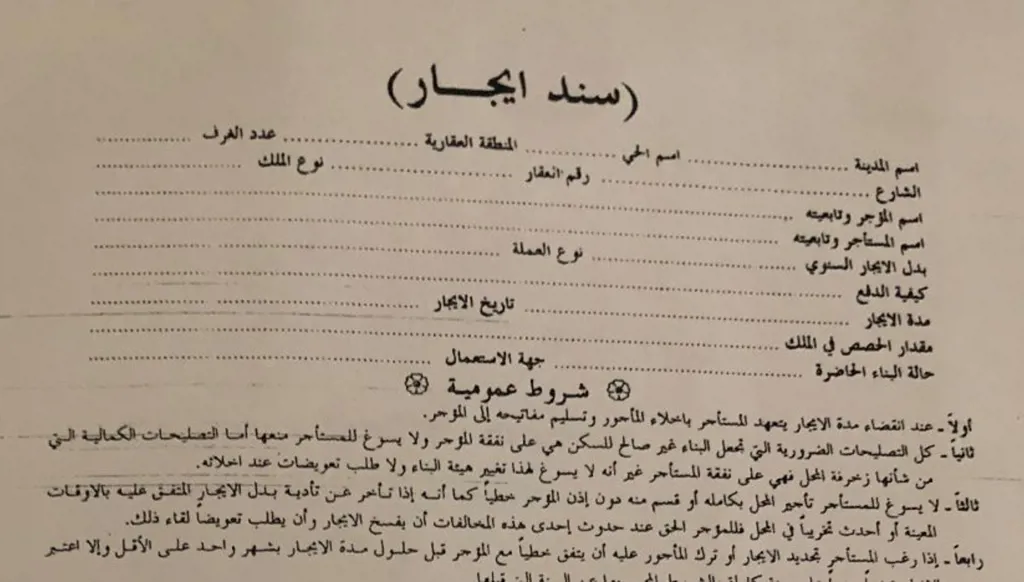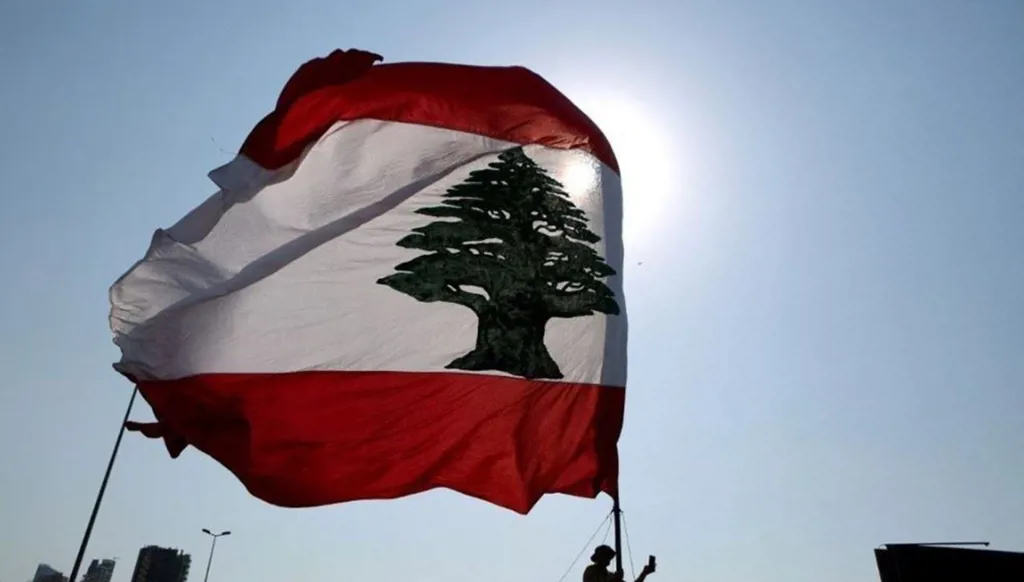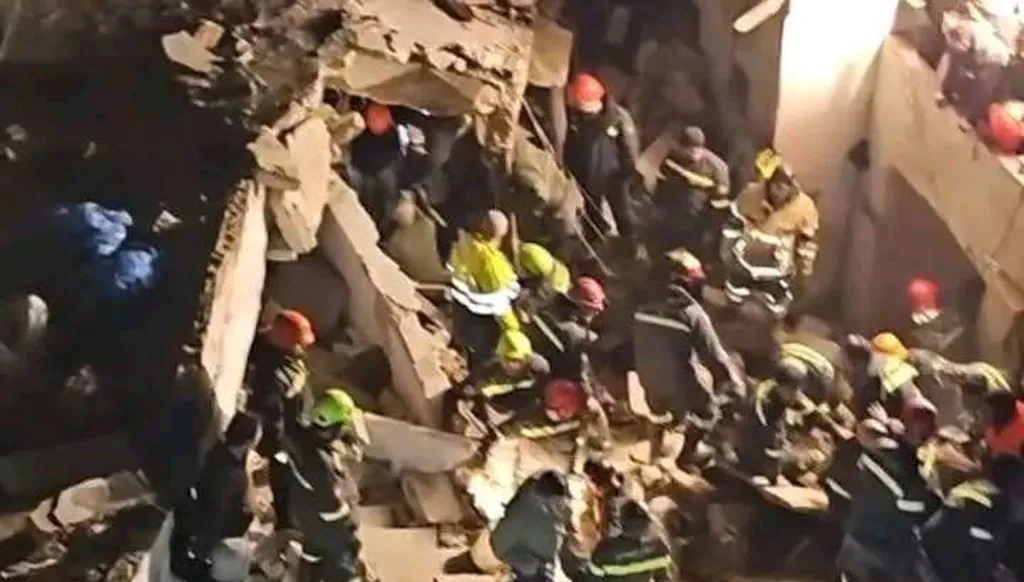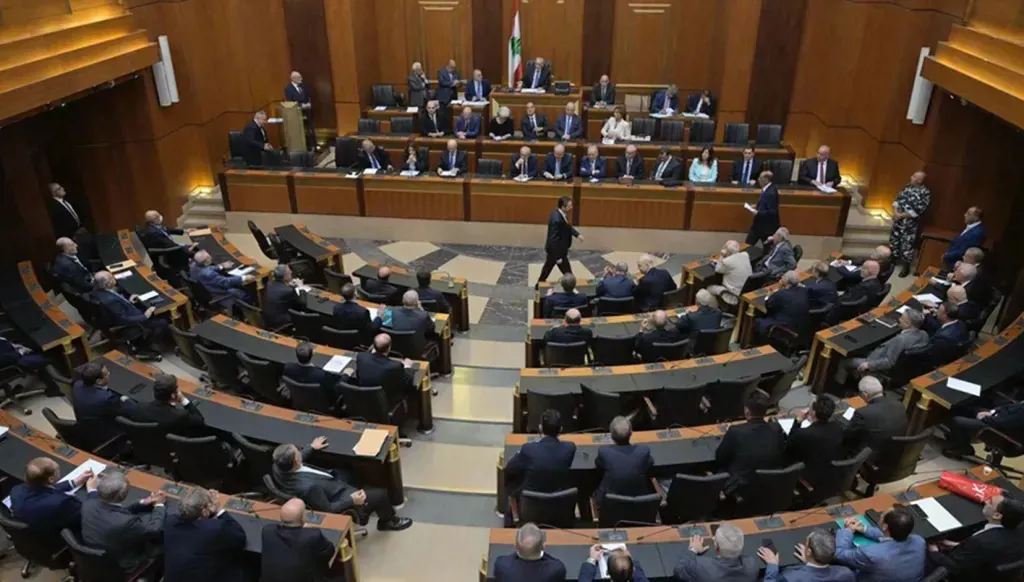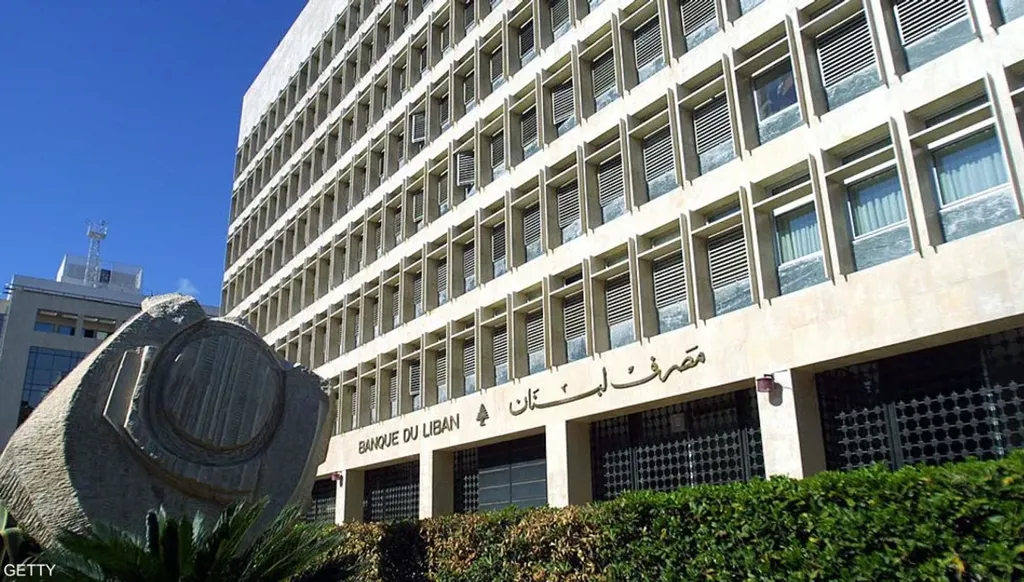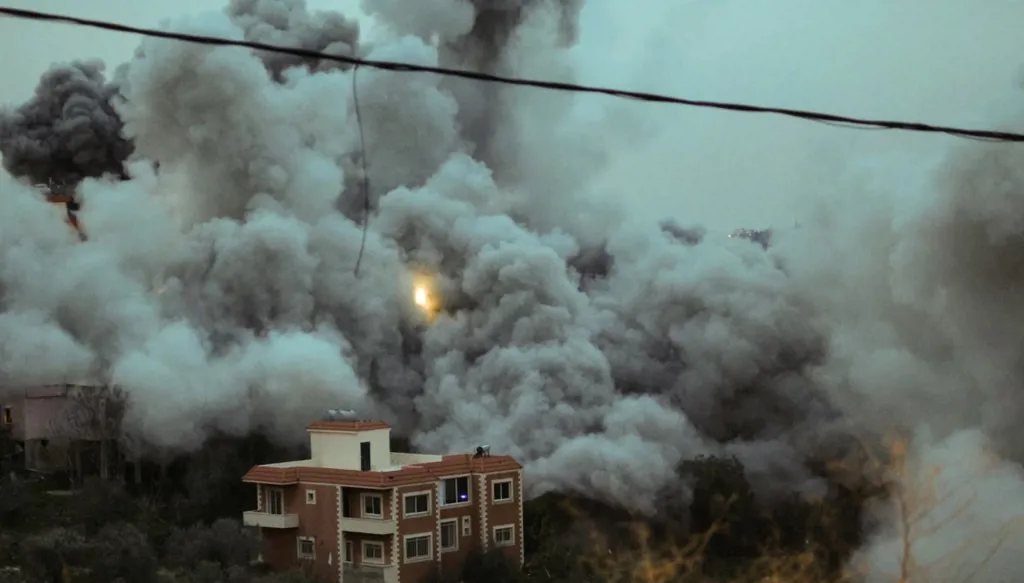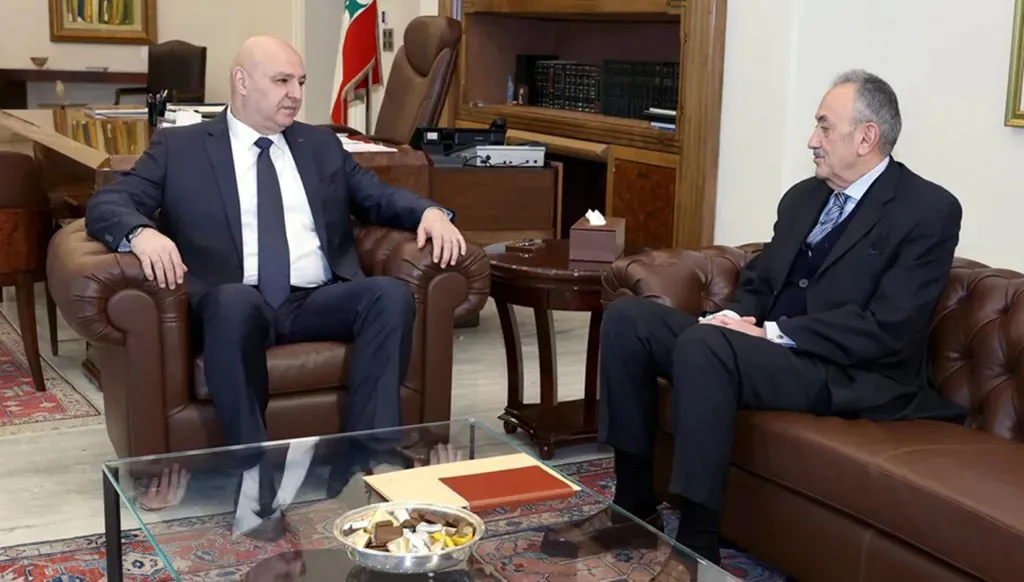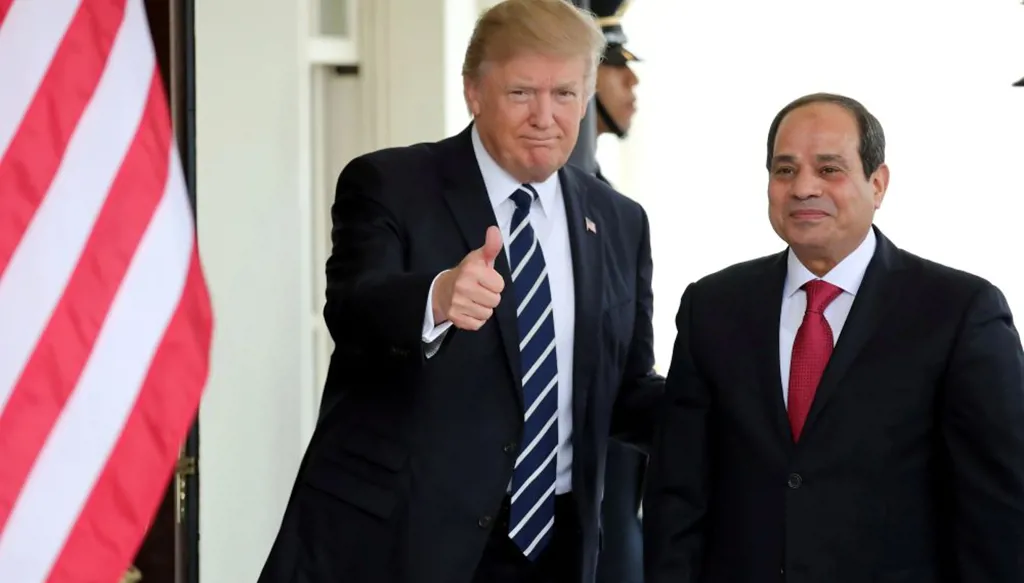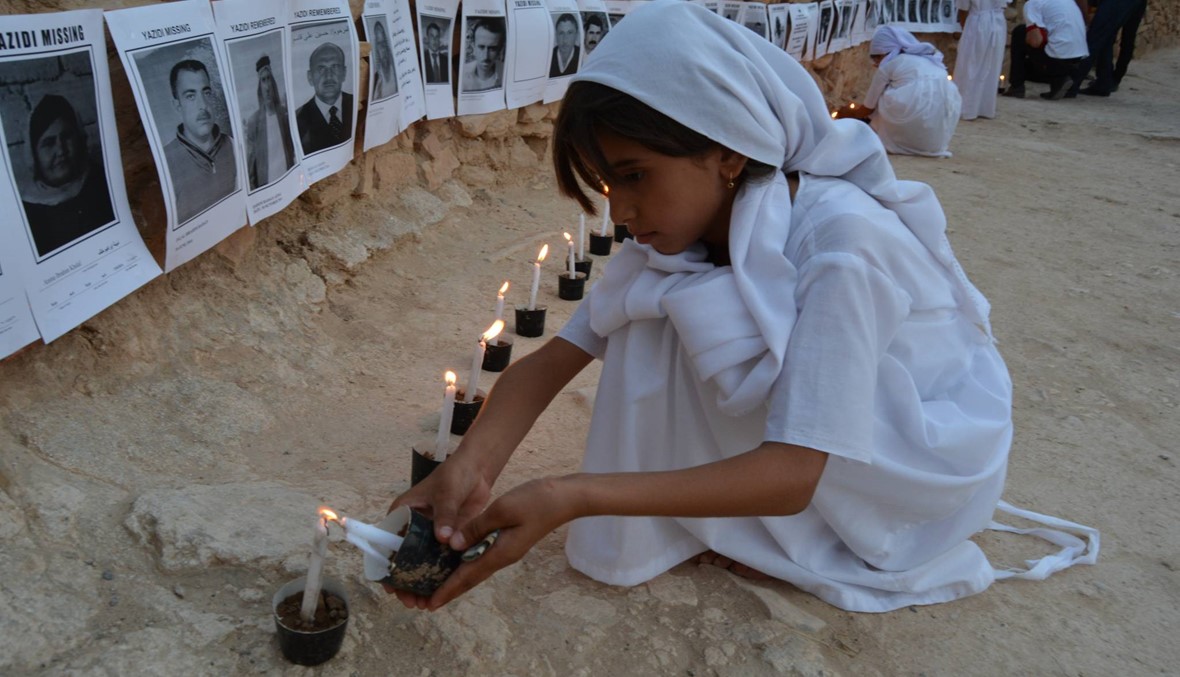
Commemorating the genocide of the Yazidi community this August 3rd was a tough throwback moment. How has it already been four years since Daesh with their oh-so-un-Islamic beliefs commenced their acts of extermination against a people who stand for peace grounded by a symbiotic relationship with nature and humanity? I would read the troubling stories and recounting tales of traumatized families in Sinjar in the news every day back in 2014. The able men had been killed. The elderly were killed or put aside to not burden the expansive military tactics of Daesh militants. The young boys were taken and put in Daesh military and re-education camps. The girls and women were separated from their families and placed in houses, then in pick-up trucks and buses, and then queued up in marketplaces for Daesh militants to start to bid. The young virgins bearing the beautiful Yazidi traits of big eyes - many green - and soft skin got the highest bids. But all of them were sold. And then re-sold. And re-sold. And then some began to be held for ransom with an un-guaranteed safe return to their families. This systemic full-circle sexual slavery trade became a regular revenue stream for the new Daesh economy. All of these happenings were hitting a nerve within me that I could not quite catch.
I put on my political theory and Islamic history academic hat and started to read the fatwas circulated through Daesh social media accounts and their English magazine, Dabiq. Their declarations were calling for the extermination of a people whom they labeled as “devil worshippers”. Their logic was clearly articulated: people who are not of the Holy Book have no chance at redemption through conversion and so must be destroyed to purify the world and set the stage for a fortified caliphate. And then, it hit me: this is not just an invasion, it is not just a takeover of territory to consolidate a so-called Islamic State. The Armenian woke up in me: this is genocide.

- My Yazidi friends at Yazda, an incredible Yazidi NGO that my friends established in the face of the atrocities, and I began to examine the so-called theological premises presented by Daesh. At the time, no one was calling this genocide. But all eyes were on the atrocities. Were these theological postulations in fact being actioned as extermination? Or was this just a perverted scheme to excite militants and bring out the deepest forms of inhumanity from within each and every one of them? The answer became terribly clear as some enslaved Yazidi girls and women began to escape and make it back to their families; always in atrocious conditions and states of trauma. During its early months, the so-
- called Islamic State did not have fortified borders; escape was not an impossible mission, usually with the help of smugglers. But as the number of escapees rose, Daesh began to impose harsh punishments on anyone caught. But the risk of a limb amputation or gang rape did not stop these incredibly courageous women and girls. As they came back, they started to share their stories of life in Daesh militant households. They recounted how their Daesh militant owners would justify their actions against them every day, calling them mushrikeen and devil worshippers who must be enslaved to destroy their community and identity. The truth was out: sexual enslavement was being used as the darkest weapon of war to exterminate identity and decapitate the chances of rebuilding any sense of a Yazidi community.






 مسنجر
مسنجر
 واتساب
واتساب
 ثريدز
ثريدز
 بريد إلكتروني
بريد إلكتروني
 الطباعة
الطباعة
 تويتر
تويتر
 فيسبوك
فيسبوك


